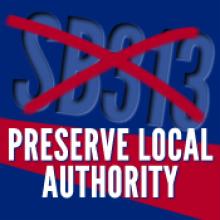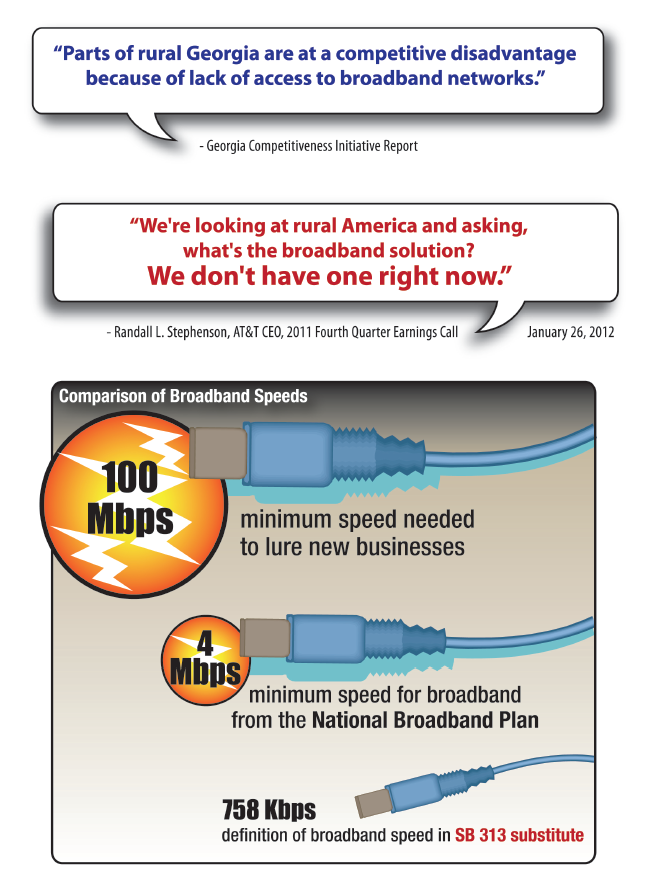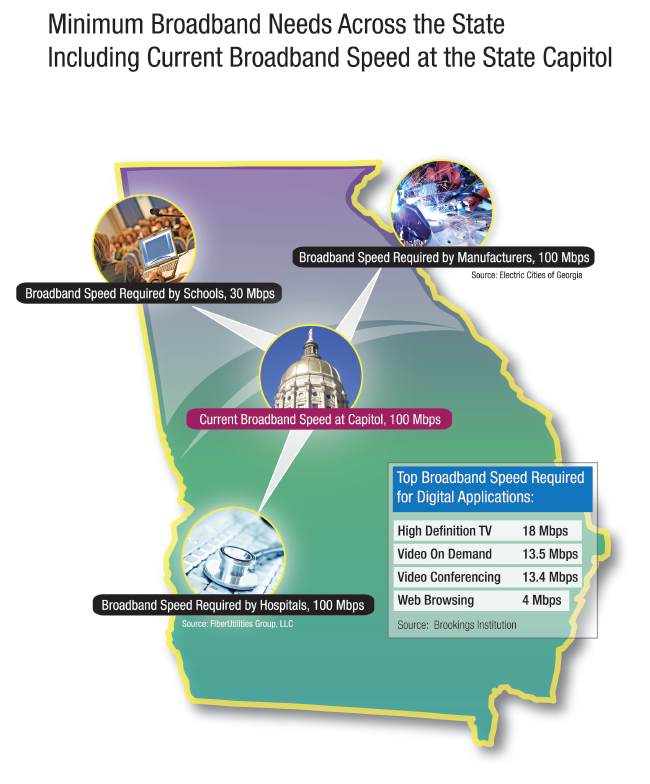Community Broadband Bits 5 - Catharine Rice of SEATOA

For our fifth episode of the Community Broadband Bits podcast, we have a discussion with Catharine Rice of SEATOA - the Southeastern Association of Telecommunications Officers and Advisors. We discuss legislation in North and South Carolina designed to stop communities from building their own networks.
Catharine Rice has been a strong advocate for local authority, helping communities respond to the CenturyLink and Time Warner Cable lobbying Juggernaut in the state capitals. After many years of successfully stopping these big companies from enacting anti-competition legislation, North Carolina passed a bill in 2011 and South Carolina in 2012.
You can read our stories that touch on South Carolina here and North Carolina here.
We want your feedback and suggestions for the show - please e-mail us or leave a comment below. Also, feel free to suggest other guests, topics, or questions you want us to address.
This show is 25 minutes long and can be played below on this page or subscribe via iTunes or via a different tool using this feed. Search for us in iTunes and leave a positive comment!
Listen to previous episodes here. You can download the Mp3 file directly from here.
Read the transcript of this episode here.
Find more episodes in our podcast index.
Thanks to Fit and the Conniptions for the music.



 Note, that AT&T was originally trying to define broadband at the
Note, that AT&T was originally trying to define broadband at the  Rememeber that elected officials often think of broadband in binary terms. You have it or you don't. In their mind, if you have options aside from dial-up, the problem is solved. These are people that often do not know what is needed to attract economic development, work efficiently from home, or successfully compete remote education courses.
Rememeber that elected officials often think of broadband in binary terms. You have it or you don't. In their mind, if you have options aside from dial-up, the problem is solved. These are people that often do not know what is needed to attract economic development, work efficiently from home, or successfully compete remote education courses.